Questions about Trauma
What is considered a “trauma”?
Anything that causes an individual to sustain harm and has a lasting impact after the event has concluded. Harm can be defined as physical, emotional, and psychological damage. It could be that you had the misfortune of a car accident and there is a strong fear-based reaction that you are unable to shake. Resolution of this trauma would be very fast with tools like EMDR (eye movement desensitization and reprocessing) or even short-term talk therapy that incorporates exposure work. When you have experienced negative events that caused damage over time emotionally, then you likely will have Complex PTSD which is part and parcel with developmental trauma.
What is CPTSD (complex PTSD)?
In the aptly named text Complex PTSD, the author Pete Walker lists the symptoms of CPTSD as “emotional flashbacks, toxic shame, self-abandonment, a vicious inner critic, and social anxiety” (pg. 25). I find this to be a helpful definition as it illustrates the mental and emotional side of PTSD beyond fear. For many of us, we are unable to justify why it is that we feel self-hate, worthlessness, shame, isolation, and this definition lends us a powerful sense of validation. It is an excellent starting point for therapy to be able to enter the session and state what you are struggling with while feeling sure of yourself and what you believe. There is a large community now that tries to understand and help others that have Complex PTSD. Eye Movement Desensitization and Reprocessing, or EMDR, is an excellent tool for processing CPTSD as it focuses on the negative cognitions that we have towards ourselves. Some examples include: I am bad, I am worthless, I do not deserve love, I deserve to die, I have no control, I do not belong. Processing through the material that is linked to these cognitions can lead to positive cognitions becoming true.
What is developmental trauma?
We are, by nature, complex animals. We go through a many different developmental stages beyond the traditional infant, adolescent, adult, and elderly. The most helpful developmental model to understand human complexity would be Erickson’s Psychosocial Model:
Infancy 0-1: Trust vs. Mistrust
Early Childhood 1-3: Autonomy vs. Shame/Doubt
Play Age 3-6: Initiative vs. Guilt
School Age 7-11: Industry vs. Inferiority
Adolescence 12-18: Identity vs. Confusion
Early Adulthood 19-29: Intimacy vs. Isolation
Middle Age 30-64: Generativity vs. Stagnation
Old Age 65+: Integrity vs. Despair
It can be helpful to think of this as a pyramid, with the earlier material on the bottom, serving as a foundation for the rest of one’s development. For instance, how could you show initiative before you have mastered a feeling of autonomy? You are not likely to go and try new things and more challenging things if you do not already believe in yourself. It can become a slippery slope. How do you form a strong sense of identity and find where you belong if you do not know what you are good at? Some of the words on the right side might sound familiar to you: shame, doubt, guilt, inferior, confused, isolated. This is what makes Complex PTSD so complex. As therapists, we are trying to understand the developmental trajectory that someone went through, the damage that they sustained, and how they are affected now.
Does neglect apply to me if I had a roof over my head and food on the table?
Unfortunately, yes. It likely applies to all of us.
Being abandoned emotionally by parents, whether they meant to or not, leads to you abandoning yourself. It is not a matter of “playing the victim” and you are not a martyr if you are curious as to how your needs did not get met. The very common “tough love” approach can leave lasting damage and will likely undermine your faith in yourself. Not that having a “helicopter parent” is necessarily better, as this will do the same. Having a safe environment where you are able to experiment and take managed risks is the healthiest option
There is a very illustrative quote about neglect from The Haunted Self, an incredible text on complex PTSD and dissociation: “Neglect is a form of traumatization in which there is an absence of essential physical or emotional care, soothing, and restorative experiences from significant others. In children these experiences are developmentally requisite…” (Van der Hart, Nijenhuis, Steele, 2006, p.24). Two novel phrases here might be “soothing” and “restorative experiences”. What might happen when a parent screams at their child and justifies it by telling them that it is their fault? The child is left with no choice but to assume that it is their fault, and they are left with fear and guilt. How about the parent screams all the time but apologizes for it? The child is still left with fear and maybe an assumption that it is their fault, or that they can never trust their parent because they do not change after each verbal attack. When children are afraid, they need to be reassured that they will not come to harm and that their parent will protect them. When the parent makes a mistake, they need to own it and show progress toward changing their behavior.
